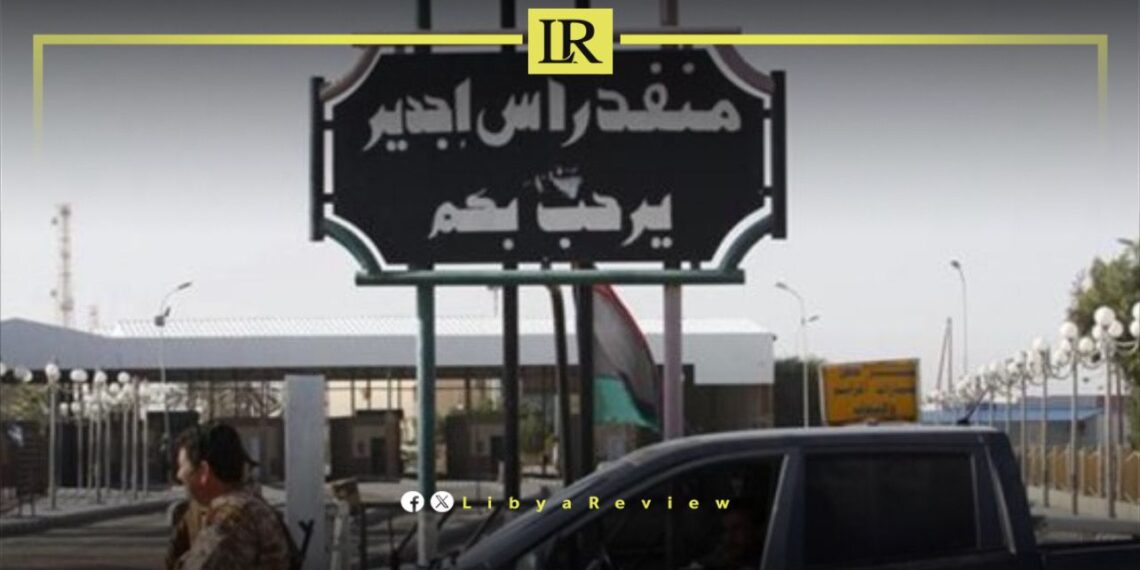The reopening of the Ras Ajdir border crossing between Libya and Tunisia has been delayed once again due to internal Libyan issues, according to Mostafa Abdelkebir, head of the Tunisian Human Rights Observatory.
Despite the Libyan Ministry of Interior’s earlier announcement to reopen the crossing, security concerns and disagreements within Libya have hindered progress.
Abdelkebir stated in an interview with Tunisian radio station IFM that the delay is not due to issues between Libya and Tunisia, but rather internal conflicts in Libya. The exclusion of the city of Zuwara from the agreement with the Tripoli-based Government of National Unity (GNU) is a significant factor in the postponement. He stressed that the security challenges are a Libyan matter, not a Tunisian one.
Abdelkebir noted that the delay was anticipated since the announcement of the reopening date. He highlighted that the agreement must address various aspects, including security, trade, customs, and issues like name similarities, vehicle registration, and the treatment of Tunisians in Libya and Libyans in Tunisia.
Previously, Abdelkebir pointed out that the delay was due to a Libyan-Libyan dispute and the GNU’s attempt to achieve peaceful agreements. The Interior Ministry of the GNU had initially scheduled the reopening for June 20 but postponed it to June 24, citing the need to complete necessary procedures.
The border crossing was partially reopened on June 13 for humanitarian and special cases following a security agreement between the Libyan and Tunisian interior ministries. This agreement, which includes seven key points, aims to facilitate safe and regulated movement across the border for these specific cases.
The agreement includes opening the four shared gates at the crossing to allow citizens of both countries to pass. It also resolves the name similarity issues for citizens of both countries.
Furthermore, the agreement stipulates the establishment of six electronic registration centres for Libyan citizens’ vehicles. It mandates that no additional fees or fines will be imposed and ensures the border post is kept free of any armed presence.
The Ras Ajdir crossing holds strategic importance as a vital link for both the Libyan and Tunisian people. Its closure on March 19 followed a directive by Libyan Interior Minister Emad Al-Trabelsi and was prompted by armed clashes on March 18 when a law enforcement force arrived at the crossing.
This incident led to tensions, with the Zuwara municipality accusing the force of entering the crossing without coordination with local authorities.
The closure by Libya’s Government of National Unity’s Interior Ministry was in response to security breaches attributed to groups causing chaos and obstructing border operations. Plans to secure the border for its reopening have been communicated, with a strict stance against disorder and warnings of legal actions against those involved in the unrest.


